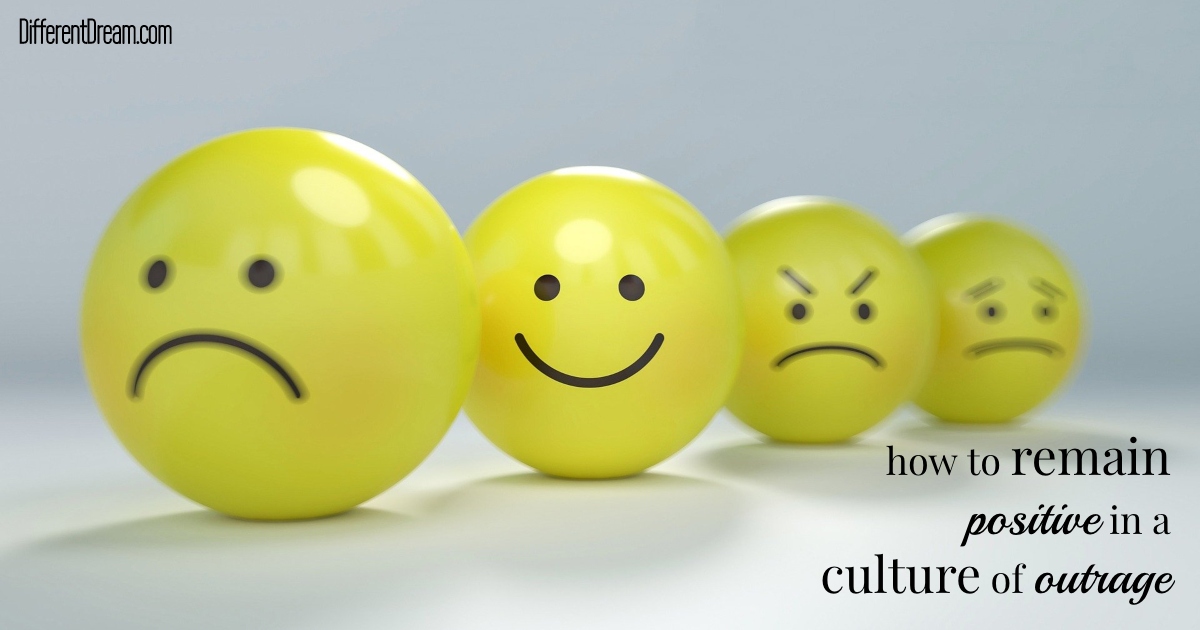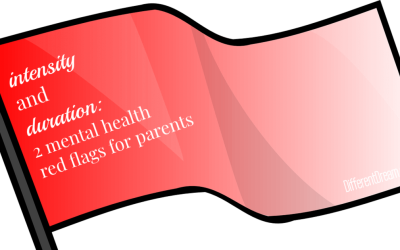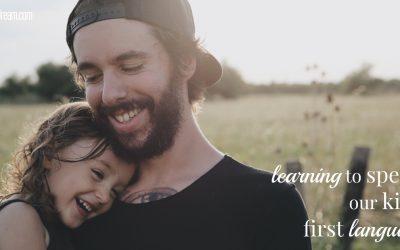Caregiving in a Culture of Outrage

Caregiving in a culture of outrage is a huge challenge. Parents of kids with special needs and disabilities who use social media to engage with other caregiving families have to wade through the outrage before they can connect. What do they have to contend with in the swamp?
Nasty memes.
Dubious news articles gone viral.
Ugly accusations.
Personal attacks.
Language that surely grieves the heart of God.
I wade into the swamp each morning to post encouragement on my Facebook page for caregiving families.
Every step of the way I fight discouragement.
I push away angry thoughts toward those posting views unlike my own.
I fight the temptation to go down rabbit holes.
Caregiving in a culture of outrage isn’t easy for me or for the parents I desire to encourage. These three strategies help me keep from being sucked into the swamp, and I hope they do the same for you.
Strategy #1: Evaluate and Control What You See on Social Media
Ask yourself these three questions to evaluate and control your social media news feeds.
- Does this post give me life or suck away my joy? If it gives life, read it. If it sucks joy, scroll past it. Or if it comes from someone whose posts consistently drain your joy (joy you need to be the positive caregiver your child deserves), snooze whoever it is for 30 days, hide their posts, or unfriend the person.
To read the rest of Caregiving in a Culture of Outrage, visit Key Ministry’s blog for parents.
Do you like what you see at DifferentDream.com? You can receive more great content by subscribing to the monthly Different Dream newsletter and signing up for the daily RSS feed delivered to your email.
By Jolene
Jolene Philo is the author of the Different Dream series for parents of kids with special needs. She speaks at parenting and special needs conferences around the country. She’s also the creator and host of the Different Dream website. Sharing Love Abundantly With Special Needs Families: The 5 Love Languages® for Parents Raising Children with Disabilities, which she co-authored with Dr. Gary Chapman, was released in August of 2019 and is available at local bookstores, their bookstore website, and at Amazon.
Related Posts
2 Mental Health Red Flags for Caregiving Parents
These 2 mental health red flags for caregiving parents can be used to assess whether it’s time to seek treatment for either a parent or child.
Love Is a Child’s First Language
Love is a child’s first language. By understanding attachment theory and stages of cognitive development we can better speak their language.
EA/TEF Is All in the Family for this Mother and Son
Not many moms can say EA/TEF is all in the family, but Corrin Ponte can. Today she offers advice from a unique vantage point.






0 Comments